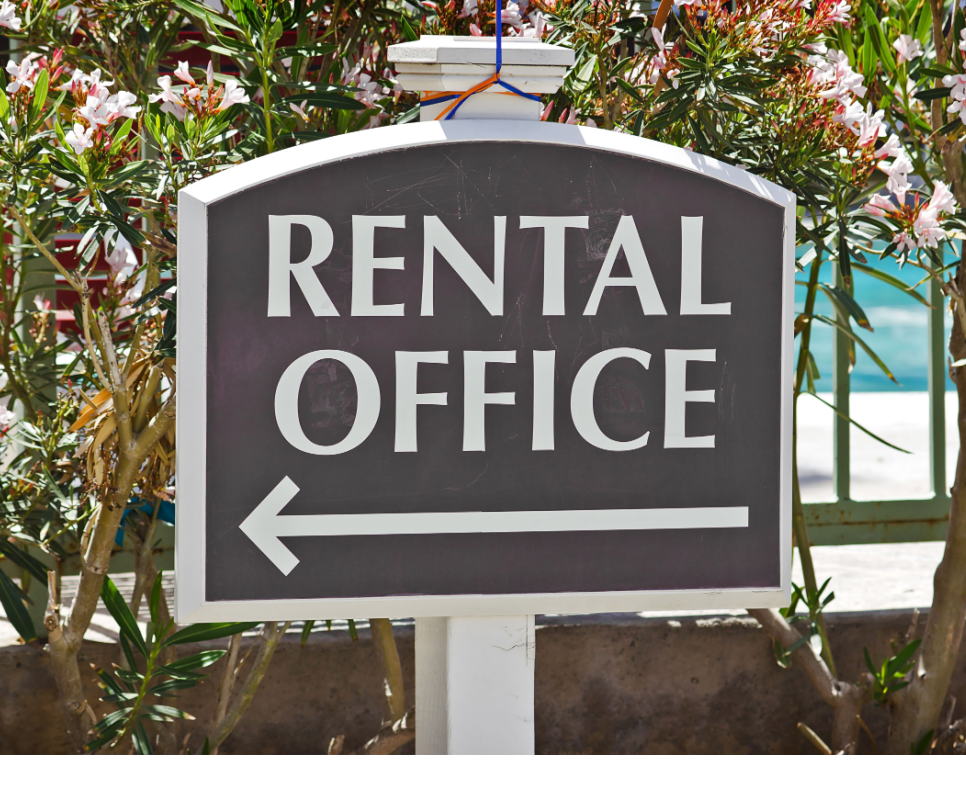Despite all efforts, having pets at apartment communities isn’t always easy. Mishaps will happen, problems and new challenges will arise and complaints will keep property operators and managers busy.
Maintaining a strategy to protect your residents and yourself while addressing pet complaints is a dynamic process. While the community might be pet friendly, policy enforcement is the glue keeping it all together, and your guidelines must be consistent and clearly communicated in leases and community announcements.
Here are some things that can help you properly address pet complaints in your community.
Well-defined pet-policies
Property owners must establish and maintain well-defined pet policies, which will serve as a solid foundation when addressing pet complaints in multifamily properties. These should address concerns related to pet-waste management, noise disturbance and leash management, and they should be laid out during the apartment lease signing and included in specific pet agreements.
Pet policies should specify which types of pets are allowed, with details about restrictions on weight, size, or breed. These should also clearly outline the number of pets you allow per apartment.
It should be noted, however, some property operators have removed their breed and weight restrictions, or stopped charging pet rent. This strategy is backed up by recent research, which shows that weight restrictions are often arbitrary, as some large dogs are “low energy” pets and make great apartment dogs, while smaller dogs are more energetic, yet more easily permitted.
Another aspect to consider is insurance. Many insurance companies often screen for certain dog breeds, but some offer policies without pet-related restrictions. Renter’s insurance is a proven way to help reduce liability and risk.
Requiring renter’s insurance from your residents, or even pet insurance, is good for both parties—for residents, it covers their belongings, and for the property operator, the policy can cover animal-related claims, too.
Need a Lease Agreement?
Access 150+ state-specific legal landlord forms, including a lease.
Societal rules for pet owners
Three main rules guide social relationships inside multifamily pet-friendly communities: pet-waste management, noise disturbance and off-leash pets.
Pet waste management is essential for a healthy and clean living environment. Property operators must provide and maintain well-stocked waste stations. In addition, they must also provide detailed rules about cleanup and disposal procedures and place them around the property areas available to pets.
Quiet hours must be specified, and it wouldn’t hurt having a local dog trainer handy to recommend to residents with more vocal pets. There are plenty of interactive toys for anxious or overly reactive dogs, and property operators can suggest or gift them to their residents with pets.
Mandatory pet behavior and expectations for public spaces and off-leash pet policies must be clear. Residents must be made aware of the local community’s regulations on leash law when they sign the lease, and further kept informed and aware in regular communications during the tenancy. Preparing a map with nearby dog parks is always a good idea.
Addressing pet complaints
Encourage residents to communicate their pet-related concerns directly to the respective pet owner as well as the property manager. This helps keep property managers and operators appraised of situations throughout the community.
Most of the time, the situations will resolve themselves. But sometimes, even with all precautions taken, the on-site team must address pet complaints and concerns. It’s a delicate process, as the topic is sensitive, which can cause emotions to run high.
The best approach when addressing pet-related complaints is to remain respectful and solution-oriented. Seek to understand the situation and assume good intent. For issues regarding pet waste, you might want to try DNA testing, which can be included in a pet registration fee.
Incidents must be documented by tracking complaint cases, providing warning letters and fines, and concluding with case resolutions. If solutions have been offered but there are still policy violations, you should work with them. No one wants to evict a resident over a pet.
Involve the community
Another option is to create advisory councils with pet owner residents. This could be where residents could address pet-related issues and come up with solutions together.
At these council meetings, residents can share information about local animal experts and all sorts of pet news. These can be a good starting point for coming up with ideas to celebrate successes and other pet events. Residents can attend workshops and social events with their pets, improving the odds of having to address fewer pet complaints.
Source: Multi-Housing News
















 Accessibility
Accessibility